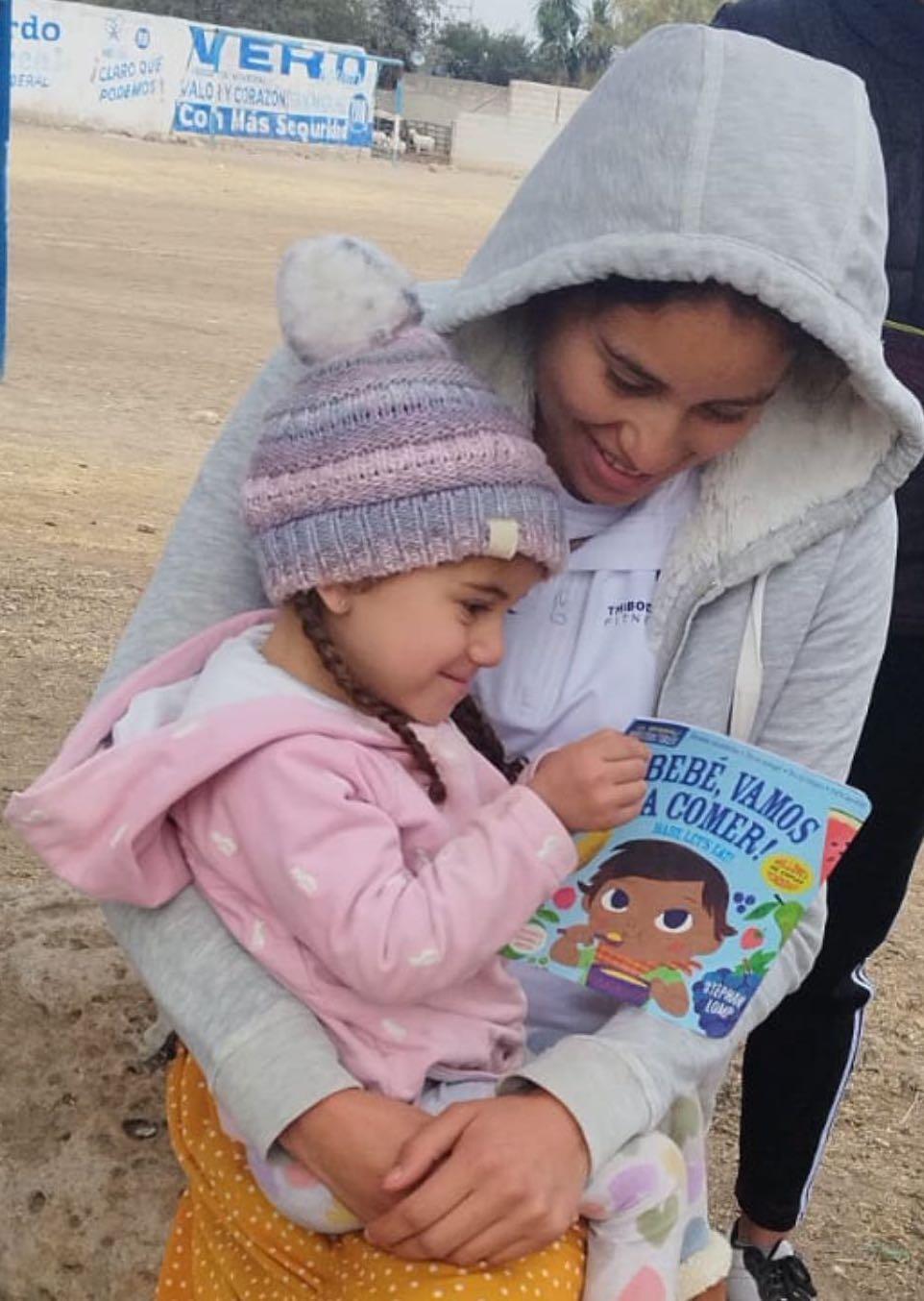
Feed the Hungry San Miguel’s Early Childhood Nutrition Program (ECNP) has continued to expand its reach, strengthen its workshops, and provide life-changing support to families with young children in vulnerable communities.
In just three months, the program delivered more than 1,100 food baskets, expanded into two new communities, and empowered nearly 200 families with essential nutrition education. This vital work ensures that San Miguel’s youngest and most vulnerable children have a healthier start in life.
Growing Reach: More Communities, More Families
In May, the program welcomed its newest community, San José de la Caja, with 7 families and 8 children receiving nutritional support. Initial assessments revealed serious concerns, ranging from severe underweight to early signs of obesity, highlighting the urgent need for intervention.

By June, another community, Los Torres, joined the program with 6 families and 6 children.
In July, the program celebrated the opening of its 20th community, Ex Hacienda de Peña Blanca, serving 10 families with 10 children.
By July, the ECNP was serving a total of 196 families and 208 children across 20 communities, reflecting significant growth in just three months.
Nutritional Support and Food Deliveries
Each month, families receive essential food baskets containing cereals, legumes, fresh fruits and vegetables, and animal-based proteins, such as tuna. Adjustments are made to ensure seasonal variety and nutritional value. For example, in May, black beans were introduced for the first time, and in July deliveries were doubled in some communities to account for the summer holiday period.
In total:
- In May, 330 food bags were delivered.
- In June, 305 food bags were delivered.
- In July, 487 food bags were delivered.
Despite weather-related challenges that sometimes made roads impassable, deliveries were rescheduled to ensure families received the support they depend on.
Education and Empowerment Through Workshops
Alongside food support, workshops remain a cornerstone of the program, equipping mothers with knowledge and skills to improve their families’ nutrition and health.
In May, workshops included sessions on fiber consumption, hydration, gut health, and hygiene. Mothers also participated in cooking classes with Chef Rolando Jiménez, preparing recipes such as tuna and green spaghetti cakes.
In June, activities included songs about hygiene, assessments on nutrition topics, and hands-on lessons about building a balanced plate.
In July, workshops covered gastrointestinal health, functional foods, the “Jarra del Buen Beber,” and colorful “Rainbow Vitamin” activities, reinforcing the importance of vitamins and minerals.
Mothers not only attended but also actively participated by composing songs, preparing healthy recipes, and even leading parts of the sessions, building their confidence and creating a ripple effect in their communities.

Monitoring Health and Growth
Anthropometric measurements are conducted regularly to monitor children’s growth and identify risks. In San José de la Caja, for example, early assessments showed that all 8 children were already at risk of malnutrition or obesity, underscoring the importance of early intervention. Similar evaluations were performed in communities new to the program, such as Ex Hacienda de Peña Blanca.
Milestones and Transitions
July also marked program graduations for children reaching preschool age. Families expressed heartfelt gratitude through letters and videos, recognizing the impact of having consistent access to nutritious food and health guidance during their children’s first years.
Looking Ahead
With new communities joining and dedicated nutritionists and interns expanding the program’s capacity, the Early Childhood Nutrition Program is poised for continued growth in the 2025 to 2026 cycle. Planned improvements include acquiring additional anthropometry equipment, reorganizing activity calendars, and welcoming new families into the program.


